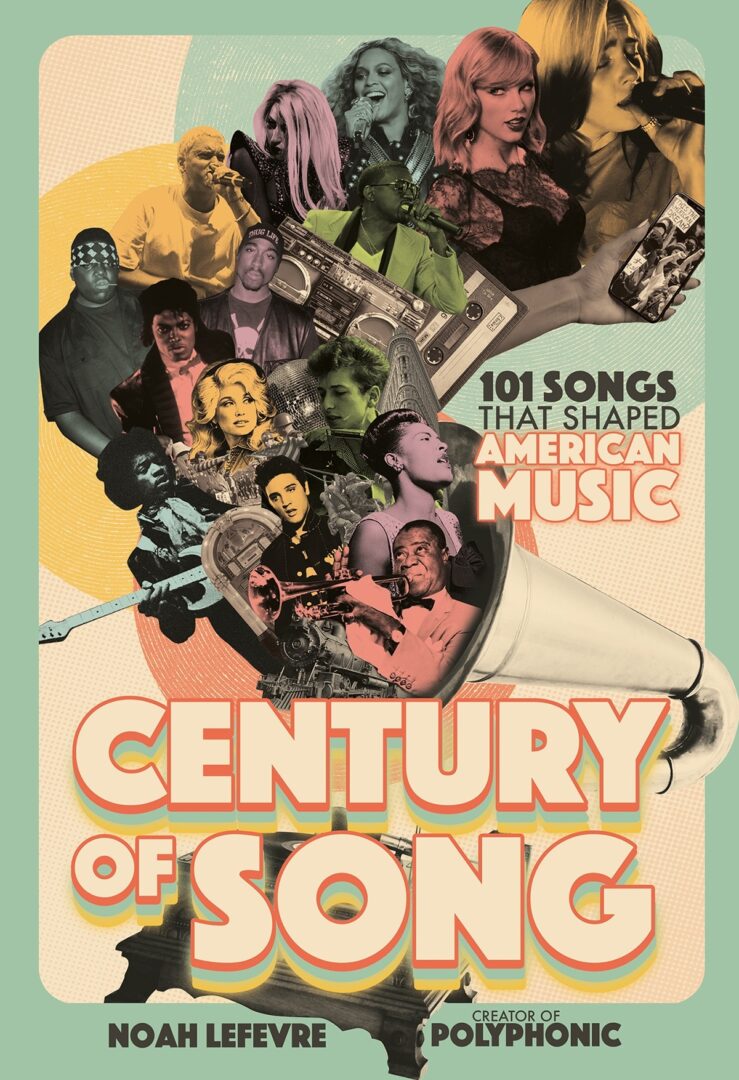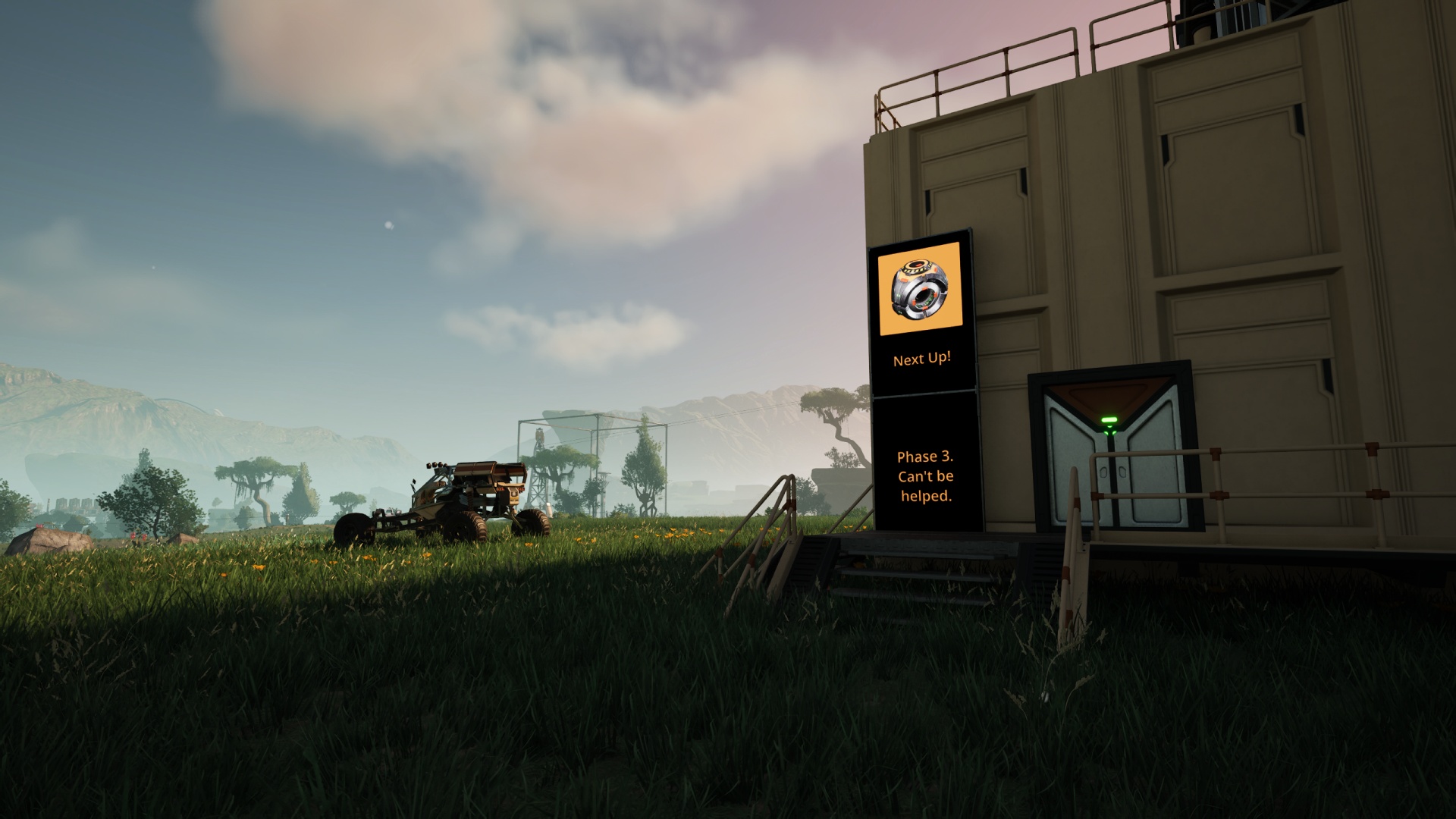There’s an old line that goes, “Writing about music is like dancing about architecture.” (The origin of the phrase is, apparently, a subject of considerable debate.) We’re going to take a brief break from writing about music, this week, and instead write about writing about music.
Okay, I’m done with that riff now.
Growing up, I was pretty much a child of the pop music scene, with a bit of dinosaur rock in my upbringing. i knew of bands like Skinny Puppy and Nitzer Ebb and Front 242 but they weren’t part of my musical awareness other than “bands whose names appear on binder covers and studded leather jackets around school,” really. Later on, Nine Inch Nails hit and I heard somewhere that they were “Industrial,” whatever that was. I heard Depeche Mode tagged as such a few times as well.
Cut to a few years ago. A couple of folks I met on Twitter pointed me toward bands like VNV Nation and Apoptygma Berzerk, and I bounced off of terms like “EBM” and heard that “Industrial” tag again. I never had, at any point, much of a sense of what Industrial was supposed to be.
Mind you, with all the people who have claimed not to be involved with Industrial who have been “tarred” with that brush, getting a clear picture of what (if anything) the genre really encompasses can be quite a challenge.
Tying this all together, now, is a book by S. Alexander Reed wherein the philosophies, personalities, styles, stories, and contradictions wrapped up in the term “Industrial music” are collated, analyzed, compared, and rationalized. Assimilate is a dense, challenging, scholarly read chock-full of annotations, citations, and footnotes. That’s not to say it’s entirely dry stuff. Humor abounds, and the anecdotes and quotations make for compelling and interesting reading. The meat of the thing, however, is the thorough background and analysis of the environments, philosophies, and other underpinnings of what became the first wave of Industrial acts followed by the permutations and revisions that came later.
Before even detailing the origins of the first acknowledged Industrial acts, Reed gives us a primer on things like Futurism, revolutionary politics, William S Burroughs, and “cut-up” culture. Later chapters alternate between history and sociology, detailing what happened and following with what those happenings meant to the scene. No kid gloves here, as the triumphs are shown alongside the glaring missteps. (If you dress up in fascist garb to make a point, but the scene kids miss the message while glomming onto the presentation, how badly did you miscalculate?) And as technology marches on, production methods change, and the nigh-inevitable urge by some to mix message with profit means that folks are accused of “selling out” at many stages along the journey.
Assimilate stays on task throughout the book, questioning and analyzing the inspirations, results, and effects of each new warp and ripple added to the oddly-shaped body of music over the years. Key individuals are highlighted, and generally treated with a very even hand. One might have expected Trent Reznor to take a lot more flak, for instance, than he does in this work. The book isn’t concerned with demonizing or lionizing. The point is always, always to talk about causes and effects above all else. Nine Inch Nails had an effect. Skinny Puppy had an effect. The rise and fall of WaxTrax! Records had all kinds of effects. And so on.
What’s astonishing is that, at the end of it all, Reed ties the current state of things right back to one of the key concepts at the beginning, offering a way forward for a movement that may seem to have monetized and synthesized itself entirely out of relevance. And he does so by choosing neither the “noise for noise’s sake” or the “noise for music’s sake” path but a third blended option entirely.
Not sure what I mean? Well, if you’re at all intrigued, I recommend picking up a copy of Assimilate to find out. It fascinated me, and it added a slew of new artists to my list of music-to-look-into. (Mind you, I’m also now more aware of bands I won’t want to check out, but that has value as well.)
It’s the sort of carefully detailed dance about architecture I never imagined could exist.

